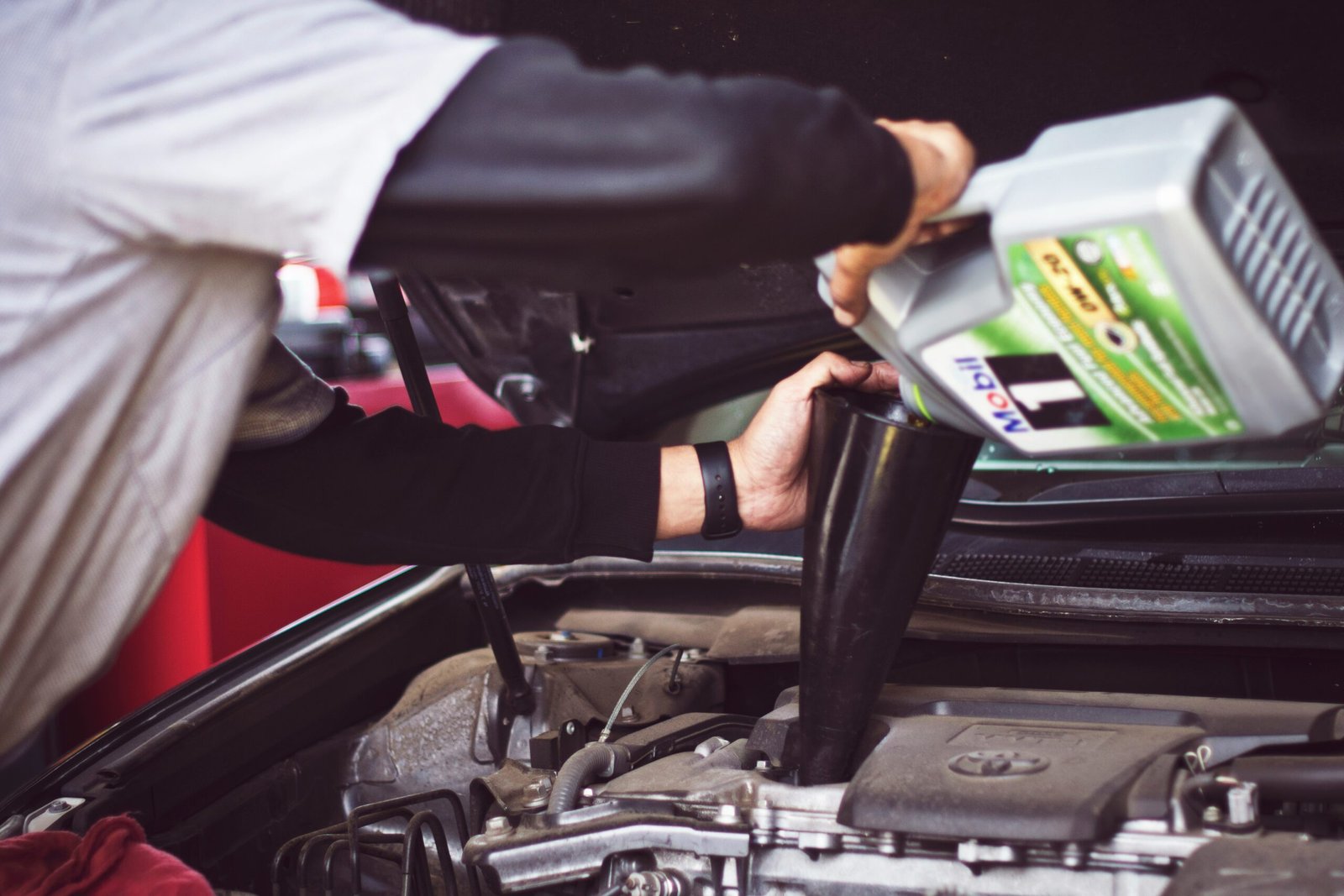Introduction
When it comes to auto repairs, it’s important to have some basic knowledge to ensure that your vehicle is in safe and reliable condition. Whether you’re a new car owner or have been driving for years, understanding the key aspects of auto repairs can save you time, money, and unnecessary stress. In this article, we will discuss 10 important things to consider when it comes to auto repairs.
1. Regular Maintenance
Regular maintenance is crucial for the longevity and performance of your vehicle. This includes oil changes, tire rotations, filter replacements, and other routine inspections. Following the manufacturer’s recommended maintenance schedule will help prevent major issues and keep your car running smoothly.
2. Choosing a Reliable Mechanic
It’s important to find a trustworthy and skilled mechanic who specializes in your vehicle make and model. Ask for recommendations from friends, family, or colleagues, and read online reviews to ensure that you choose a reputable mechanic who will provide quality service.
3. Understanding Your Warranty
If your vehicle is still under warranty, make sure to understand the terms and conditions. Some repairs may be covered by the manufacturer, while others may require you to pay out of pocket. Familiarize yourself with the warranty coverage to avoid any unexpected expenses.
4. Getting Multiple Quotes
Before committing to any major repairs, it’s a good idea to get multiple quotes from different mechanics. This will help you compare prices and ensure that you’re getting a fair deal. However, keep in mind that the cheapest option may not always be the best quality.
5. Asking for Explanation
Don’t be afraid to ask your mechanic to explain the repairs in detail. A reliable mechanic will be happy to walk you through the process and answer any questions you may have. Understanding the repairs will give you peace of mind and help you make informed decisions.
6. Using Quality Parts
When it comes to replacing parts in your vehicle, it’s important to use high-quality, OEM (Original Equipment Manufacturer) parts. While aftermarket parts may be cheaper, they may not offer the same level of performance and durability. Investing in quality parts will ensure the longevity and reliability of your vehicle.
7. Keeping Records
Keep a record of all repairs and maintenance performed on your vehicle. This will not only help you stay organized but also provide valuable information when selling your car or if any warranty claims arise in the future. Having a detailed history of your vehicle’s maintenance can increase its resale value.
8. Being Proactive
Don’t wait for a major issue to arise before taking action. Pay attention to any warning signs such as strange noises, vibrations, or dashboard warning lights. Addressing these issues early on can prevent further damage and costly repairs.
9. Knowing Your Rights
As a consumer, it’s important to know your rights when it comes to auto repairs. Familiarize yourself with the laws and regulations in your area to ensure that you’re not being taken advantage of. If you suspect any unfair practices, don’t hesitate to seek a second opinion.
10. Budgeting for Repairs
Auto repairs can be expensive, so it’s important to budget accordingly. Set aside a portion of your monthly income for unexpected repairs and maintenance. Having a financial cushion will help ease the financial burden when repairs are needed.
Conclusion
Auto repairs are an inevitable part of owning a vehicle, but with some basic knowledge and careful consideration, you can navigate the process with confidence. By following these 10 important things to consider, you’ll be well-prepared to handle any auto repairs that come your way. Remember, regular maintenance, choosing a reliable mechanic, and understanding your rights are key to keeping your vehicle safe, reliable, and in good condition.

